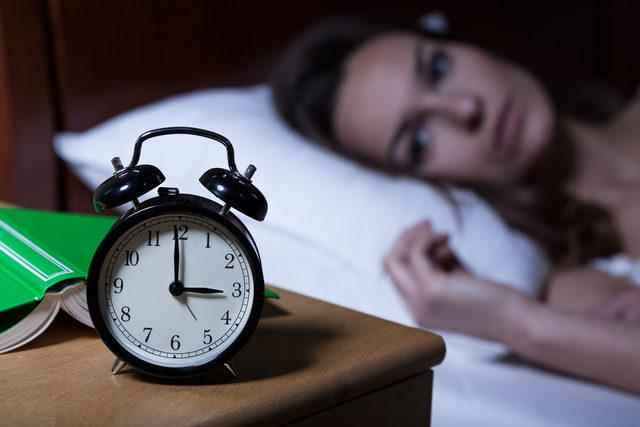Acıbadem Fulya Hospital Neurology Specialist Dr. Beyza Çitçi Yalçınkaya says, “During the Covid-19 pandemic, people with insomnia increased by 24 percent due to factors such as the increase in people’s stress and anxiety, reluctance to go to the hospital for the treatment of sleep problems, decreased daily physical activity and less exposure to natural light.”
Emphasizing that a person can benefit by making some intellectual and behavioral changes against the increasing insomnia problem in the pandemic, Neurology Specialist Dr. Beyza Çitçi Yalçınkaya gave 9 effective suggestions and warnings against insomnia.
DO NOT TRY TO SLEEP
Try to reduce thoughts about sleep. Your bed should remind you of sleep, not insomnia. For this reason, do not go to bed before you are sleepy, when you cannot sleep, get out of bed within 15-20 minutes and change rooms and go to bed when you feel sleepy again. Repeat this all night if necessary. When you change places, it is necessary to try methods such as meditation, relaxation exercises, reading books, and then go back to bed when you feel sleepy again. Accepting that sleep is a natural state like breathing and being hungry and that you will fall asleep eventually, knowing that everyone’s sleep time may be different can be a start to reduce sleep-related anxieties.
DO NOT GO TO BED BY PHONE
Many people, especially those who cannot stay away from social media, go to bed with their mobile phones and follow other people’s posts and have both positive and negative thoughts and are exposed to screen light. However, when you go to bed, your brain should not be full of other experiences and problems. As with the phone and computer, watching TV and reading in bed are among the factors that negatively affect falling asleep, so read your book in a different place, not in the bed where you will fall asleep.
DO NOT STAY ATTRACTIVE
Scientific studies; reveals that regular exercise significantly improves sleep quality. Therefore, do not stay still during the day, walk and exercise. Regular walking and exercise, which benefits health in every aspect, also reduces emotional stress. The ideal time to exercise against sleep problems is to do it in the afternoon. Heavy exercise just before bedtime increases alertness.

STAY AWAY FROM Caffeine
Caffeine, alcohol and nicotine significantly impair sleep quality. It should be remembered that caffeine is not only found in coffee. Those with sleep problems should avoid such stimuli and stay away from tea and coffee in the afternoon.
MUST LEAVE AND GET UP AT THE SAME TIME
Streamlining bedtime, wake-up times, and even daily eating and exercise times helps our biological clock work better. On weekends, bedtime and wake-up times should be in the same order. Make sure to go to bed and wake up at the same time seven days a week.
DO NOT EAT ON OR OVERSEATING
Neurologist Dr. Beyza Çitçi Yalçınkaya “For a good sleep, it is necessary not to go to bed hungry and to avoid heavy meals before going to bed. It is beneficial to go to bed at least 2-3 hours after eating. In the studies carried out; It has been reported that L tryptophan found in dairy products can contribute to sleep.
BE CAREFUL OF SUGAR
Although short-term sleep in the afternoon is beneficial for general health, the length of time that people with insomnia sleep during the day negatively affects their night sleep. If you feel the need for sleep during the day, you can sleep for a short time before 14:00.
REVIEW YOUR BEDROOM
Since it is very important for a quality sleep that the place you sleep is quiet, cool, dark and ventilated before going to bed, make the necessary arrangements in accordance with these rules. The ideal room temperature for a good sleep should be 18-19 degrees.
